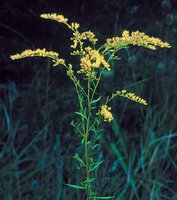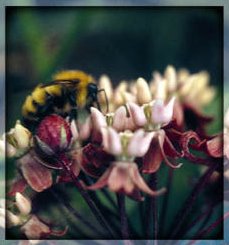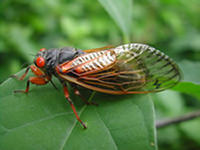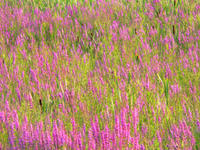 A hand-me-down from ancient times, the Dog Days extend from July 3 through Aug. 11. The Greeks and Romans knew that Sirius, the Dog Star, rose simultaneously with the sun during this period. They believed that since it was such a strong star, Sirius added to the sun’s heat, making the Dog Days the hottest time of the year.
A hand-me-down from ancient times, the Dog Days extend from July 3 through Aug. 11. The Greeks and Romans knew that Sirius, the Dog Star, rose simultaneously with the sun during this period. They believed that since it was such a strong star, Sirius added to the sun’s heat, making the Dog Days the hottest time of the year.
English countrymen said that if it rained on the first Dog Day, the rain would continue for 40 days. Those who’ve inspected their lawns lately know well that, after a wet spring, the sun has been doing a lot of shining these dog days – except maybe for last Monday.
But that’s good, say the English, who also believed:
Dog days bright and clear
indicate a happy year.
But when accompanied by rain,
for better times our hope’s in vain.










